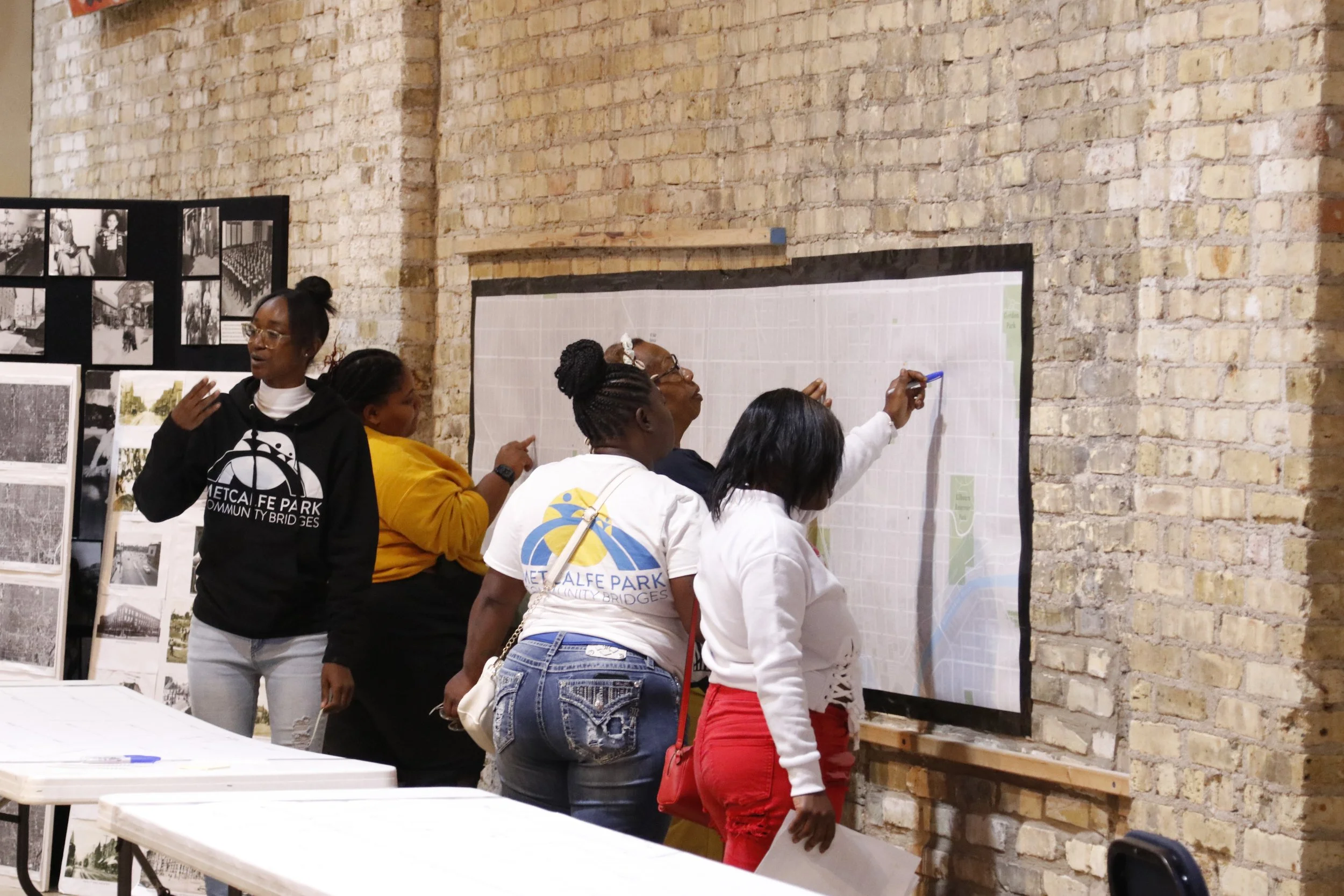Race, Place, and the History of Land
Whose Land? grows out of twelve years of oral history, collaborative community historical research, and network-building of the Wisconsin Farms Oral History Project.
James Levy founded the Wisconsin Farms Oral History Project (WFOHP) in 2012 during his early years as an Assistant Professor of African American History and the Director of Public History at UW-Whitewater. The WFOHP is a statewide project involving four University of Wisconsin campuses (Whitewater, Madison, Milwaukee, and Oshkosh) that focuses on the history of food and farming in Wisconsin as they relate to race, ethnicity and cultural diversity.
Its first phase culminated in the award-winning 2018-19 traveling exhibition and dialogue tour Lands We Share, which Levy co-curated and co-directed with Stephen Kercher (UW-Oshkosh), Troy Reeves (UW-Madison), and Jasmine Alinder (UW-Milwaukee).
In the years since the WFOHP was founded, over 500 oral histories, hundreds of hours of audio recordings, and years of archival and historical research have been collected collaboratively by faculty, students, and community members throughout Wisconsin.
The successes of the WFOHP, now headquartered at UW-Oshkosh, prompted Dr. Levy to found the Race and Place Coalition in 2022, a national 501(c)3 non-profit organization. Dr. Levy devotes himself full-time to the Race and Place Coalition where he manages the project’s second major initiative — Whose Land?
Whose Land? brings together youth, community leaders, and educators to support a just reckoning with the history and legacies of land settlement and dispossession.
Working in both rural and urban spaces, we pay particular attention to the historical connections between race and place. Our core concerns include:
land loss and displacement,
housing rights,
food sovereignty,
and environmental justice.
We seek to understand the historical contexts of these issues and prioritize experimental and collaborative approaches to research, storytelling, and cross-cultural dialogue.
Promoting Mutual Understanding
We support dialogue and reconciliation across cultural groups through
storytelling
oral histories,
workshops and trainings,
participatory community research,
collaborative media (podcasts, videos, online exhibits),
and K-16 curricula.
Using these methods, we seek to raise public awareness and create opportunities for cooperative problem-solving and community empowerment.
New York and Wisconsin
The Whose Land Project’s foray into the history of land in the U.S. begins with two states:
Between 1820 and 1870, thousands of First Nation members with ancestral homelands in the state of New York relocated, many under duress, to Wisconsin. In the same period, tens of thousands of Black and white Abolitionists and farmers traveled from New York to Wisconsin to establish the Republican Party or follow the wheat boom. By 1850, one in three Wisconsinites was New York-born.
We use the historical connections between New York and Wisconsin as a catalyst for wide-ranging public dialogue.








